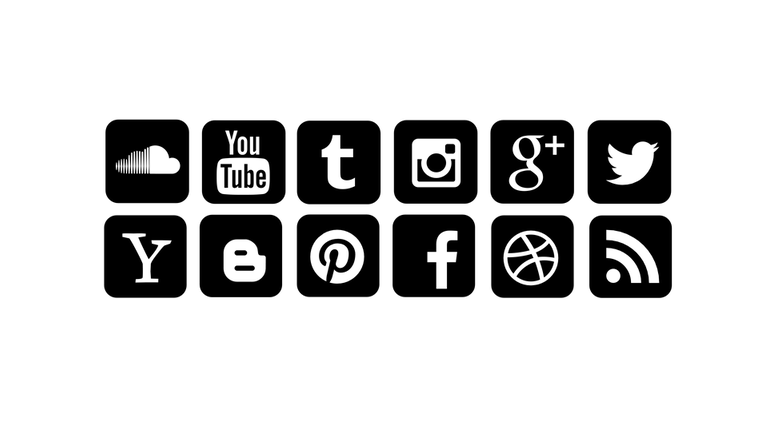
Millions of people today are addicted to spending hours online daily, looking at their phones, computers, browsing through various social media sites etc. It's an issue that many wish they could address, whether it's parents who want their children to interact with the family more, or focus more on their studies, to get more physical activity etc. It could also be an adult who feels that too much time is spent wasted online and because of it they are neglecting other areas of their life. For those who aren't able to find a balance, they need a solution.
For one psychology expert, N. Eyal, he belives that teaching individuals how to be indistractable is the most important skill to be focusing on in the 21st century.
Eyal has previously written top selling books that teach about technology addiction and his new book is all about being indistractable; learning how to control your attention. Nir Eyal is a graduate and also a professor at Stanford's Graduate School of Business, considered to be a behavior design expert.
"If you do not have the skills to be indistractable, the tech companies will get you". - says Eyal.

Eyal believes that technology itself isn't the problem, we aren't helpless when it comes to trying to use these tools in productive ways that can benefit our lives; they are not the root of the problem at least.
It is easy to want to place the blame entirely on them however and in doing so attempt to neglect our own responsibility and contribution to the problem. Eyal asserts that by developing the ability to be indistractable that it will enable us to use those technologies better, preventing them from taking advantage.
“Would you throw your child into the pool without teaching him how to swim? Probably not – so why do it with digital devices? Before I give my child a device, I need to be sure that he knows the rules of its use: to put it aside when doing homework, to turn it off when friends come over. Children in our society have deficiencies in their basic needs, and when they don’t have enough of what they need in the real world, they look for and find it in the virtual world. Our children need autonomy and a sense of control in their life, but the levels of regulation that are exercised today on youngsters, at least in the United States, resemble those applied to prisoners. They are told what to eat, where to go, what to do. And then they play Fortnite and for a moment they’re able to feel like God in their universe." - Eyal
Most people today will spend many of their waking hours staring at one screen or another. It's important not to fall into this consumption mindlessly because it can easily eat away hours, days, weeks etc of your life.
If that is what you intended to be doing with your time, that's one thing, but for many it's a lack of self-control that fuels this addiction, getting them to put their time into places that they might later regret.
"The question is not the activity itself, but the frequency with which we do it and at the expense of what. You say that reading books is healthy for the brain. But what if I read cheap romantic novels all day? I know people who read inferior books with a frequency that comes at the expense of their children and their family. Anything can distract our attention if we don’t plan the day properly." - Eyal
Eyal proposes 4 key steps in his model, which includes discovering internal triggers that can drive the unwanted behavior of uncontrollable distraction, and this might be an emotional need, need to reduce uncertainty, or anxiety etc. Most importantly, individuals need to recognize what need they are trying to address and cope with the root of the problem.
"...if we aren’t able to identify the situation, there’s no chance we will be able to make progress"- Eyal
For solutions, planning for time to be distracted is one step that's included. Many people might find hours wasted and things left undone, because they never sought to plan their time to begin with. Taking the time to purposefully aim your attention toward a task can help to let you know specifically when you are getting distracted too. How do you know when too much time is too much? Scheduling it could work for many. Learning to cope with external triggers can also help to boost chances of success and we can ultimately learn to use the technology against itself and serve our needs better.
Individuals today who take the time to develop this skill of being indistractable could have a better chance at trying to use technology in a more positive and healthy way as a result, rather than various tech companies getting the best of them.
Pics:
pixabay
The information that is posted above is not intended to be used as any substitute for professional medical advice, or diagnosis or treatment. The above is posted for informational purposes only.

I imagine most of us have failed and have become distracted.
It's so hard for myself to take much needed distance, and i'm reaching middle age. Children are rewired neurally from a young age by being exposed to social media and online connectivity in a way my generation wasn't.
Thanks for this article, I read the original article you based it on not long ago and thought how it was difficult to find amongst hundreds of forum threads, which were distracting me to read more inane topics.
thank you for your comment, i thought it was a very interesting topic so I couldn't pass it up😃I have been very interested recently in the self-regulation, self-discipline side of behavioral psychology so it grabbed my attention!
@doitvoluntarily, Most of the people need help for sure. In my opinion Social Media Life boosted the complexity battles and it's vital to address soon before it's too late.
Posted using Partiko Android
The more a child grows up spending time online, the likelihood they could be exploited increases.
With Mainstream Social Media sites being the biggest and most used in the world, the likelihood reaches from likely into unavoidable. #OpChildSafety #ExposingExploitation. #OnlineSafety #E-safety